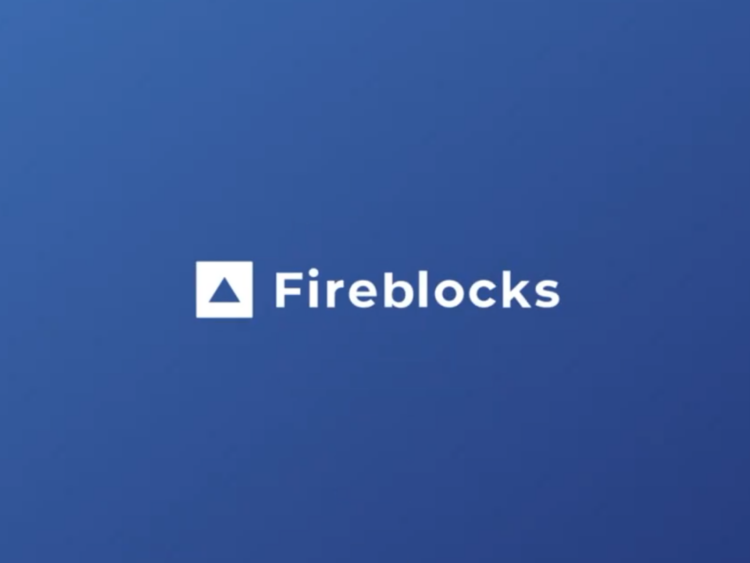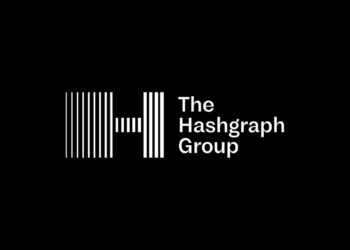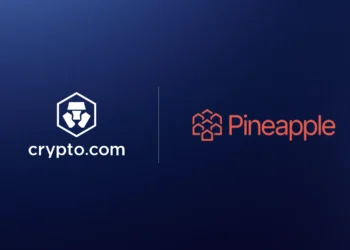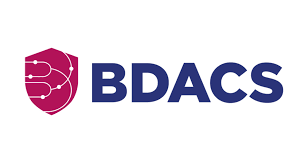Fireblocks, a decentralized infrastructure powerhouse, has entered the ongoing debate surrounding the scalability limits of blockchain networks.
This move comes in response to rising concerns that Maximal Extractable Value (MEV) has become a primary bottleneck in blockchain performance. The company’s remarks followed a widely circulated statement on social media, which described MEV as a market failure and labelled onchain transaction searching as “spectacularly wasteful.”
IMG TXT: Fireblocks Backs Confidentiality as the Future of Scalable Blockchains. Source: Fireblocks.
Building on this critique, Fireblocks emphasized the need for a fundamental, structural overhaul rather than quick-fix solutions. Central to its vision is the concept of programmable confidentiality—positioned as the foundation for the next phase of blockchain scalability. Leading this charge is Fairblock, a confidentiality-first infrastructure built on scalable and lightweight multi-party computation (MPC), rather than the centralized models some competitors favour.
In contrast to Flashbots, which relies on centralized Trusted Execution Environments (TEEs) for MEV mitigation, Fireblocks has chosen a decentralized path. The firm argues that placing trust in centralized hardware is inherently risky, pointing to previous failures in secure enclave technologies as cautionary examples.
This philosophy is embodied in Fairblock’s architecture, which powers FairyRing—a permissionless, scalable, and confidential blockchain. FairyRing removes the need for centralized parties or single points of failure like TEEs. Furthermore, it eliminates block delays caused by Verifiable Delay Functions (VDFs) by integrating ABCI++ and supports up to 180 MPC validators.
Currently, Fairblock is operational across several blockchain ecosystems. These include EVM-compatible rollups such as Arbitrum and OP Stack, and Cosmos SDK chains like Osmosis, Berachain, and Noble. Fireblocks also plans to expand support to other major chains, including Solana, Hyperliquid, and Ripple.
Through programmable privacy and explicit transaction bidding, Fairblock aims to deter malicious activities such as sandwich attacks while maintaining essential transparency for legitimate participants.
Meanwhile, in a separate development, Movemaker—the official Chinese-speaking community for Aptos and alcove, Asia’s pioneering Move developer organization, has jointly launched a $200,000 open-source initiative. This effort aims to enhance the security and reliability of smart contracts on the Aptos blockchain, further underscoring the region’s growing role in global Web3 innovation.
If you want to read more news articles like this, visit DeFi Planet and follow us on Twitter, LinkedIn, Facebook, Instagram, and CoinMarketCap Community.
“Take control of your crypto portfolio with MARKETS PRO, DeFi Planet’s suite of analytics tools.”





















